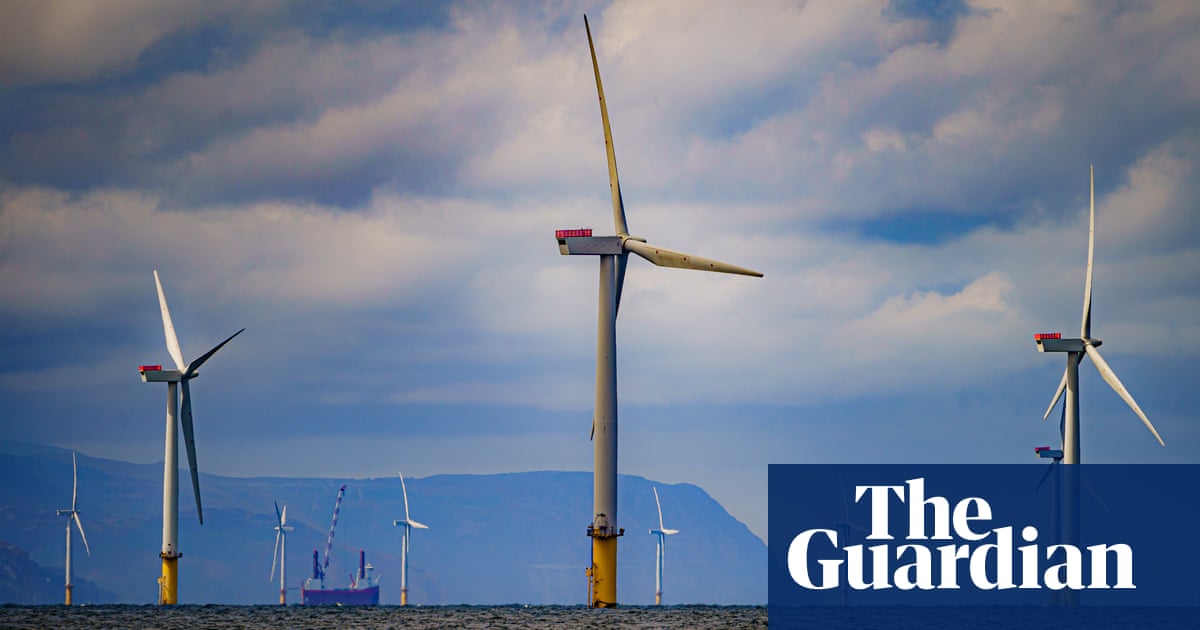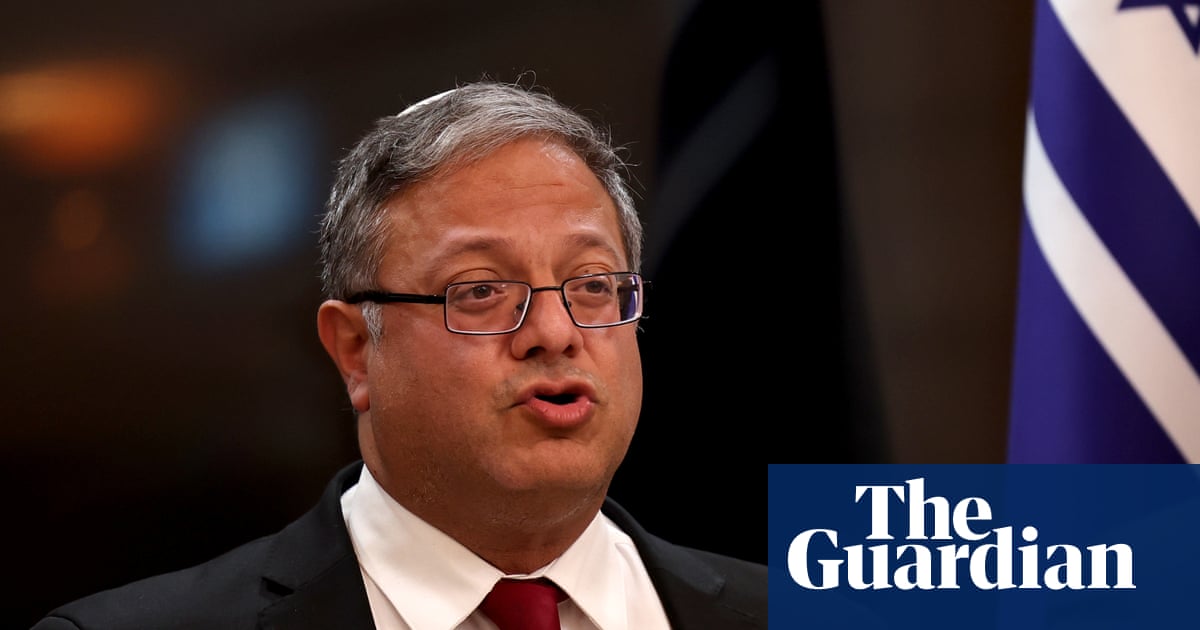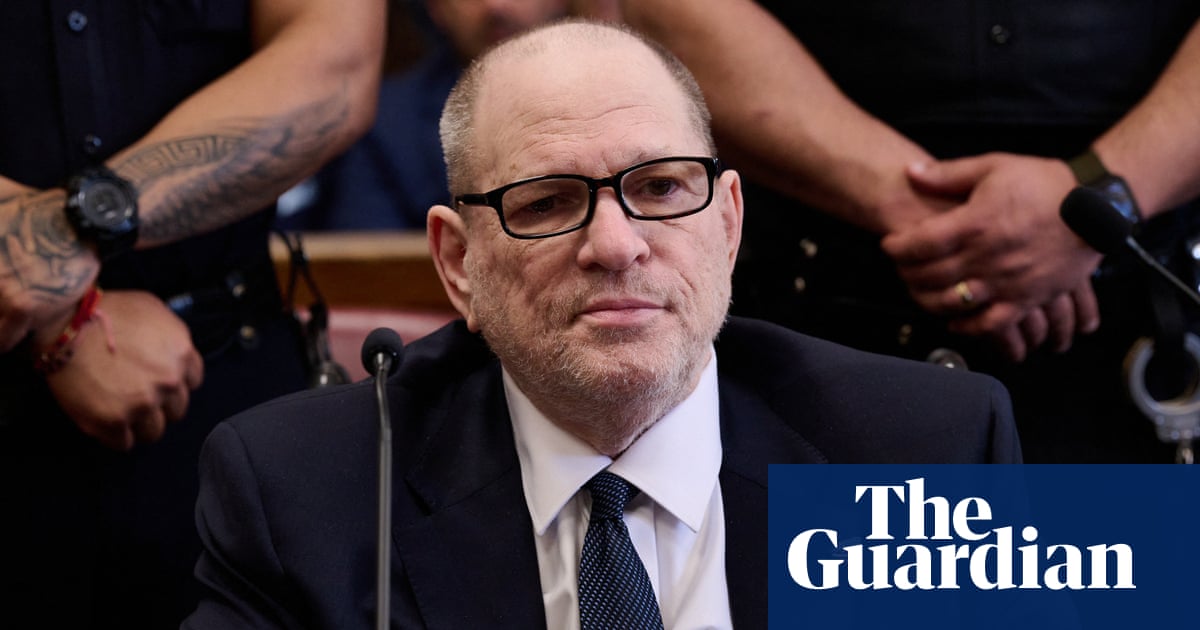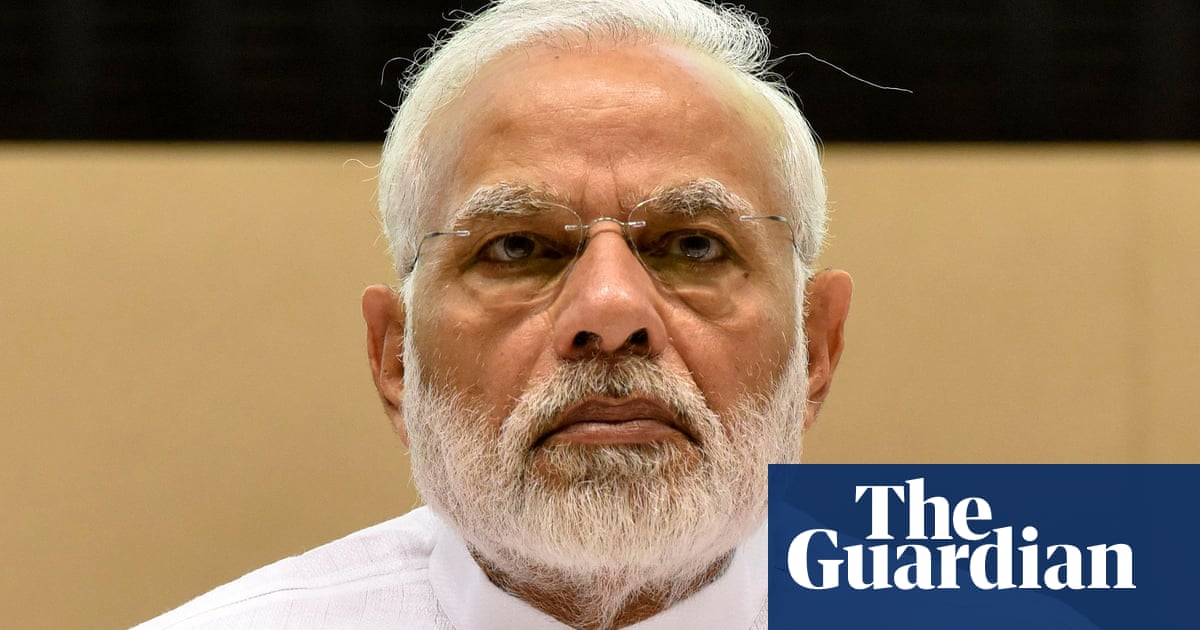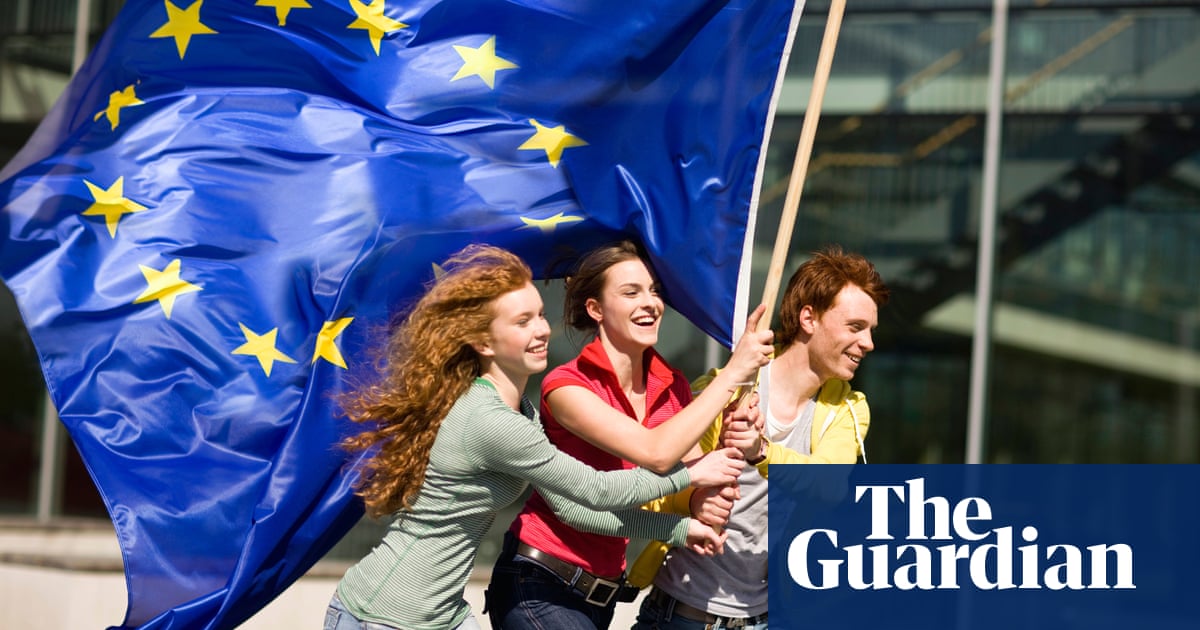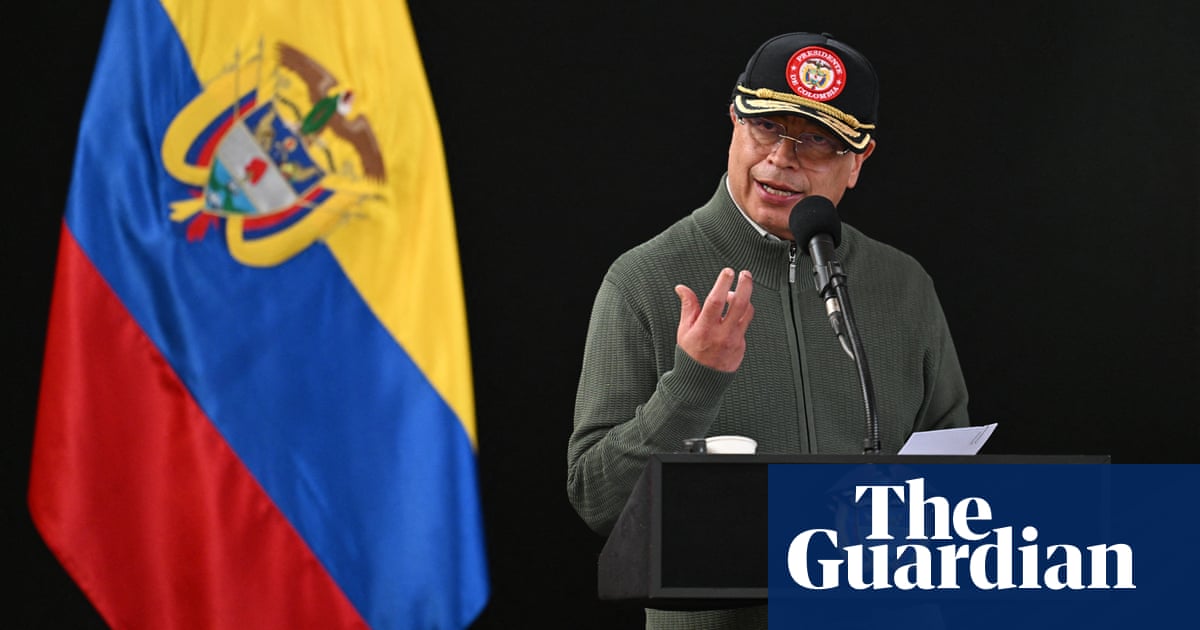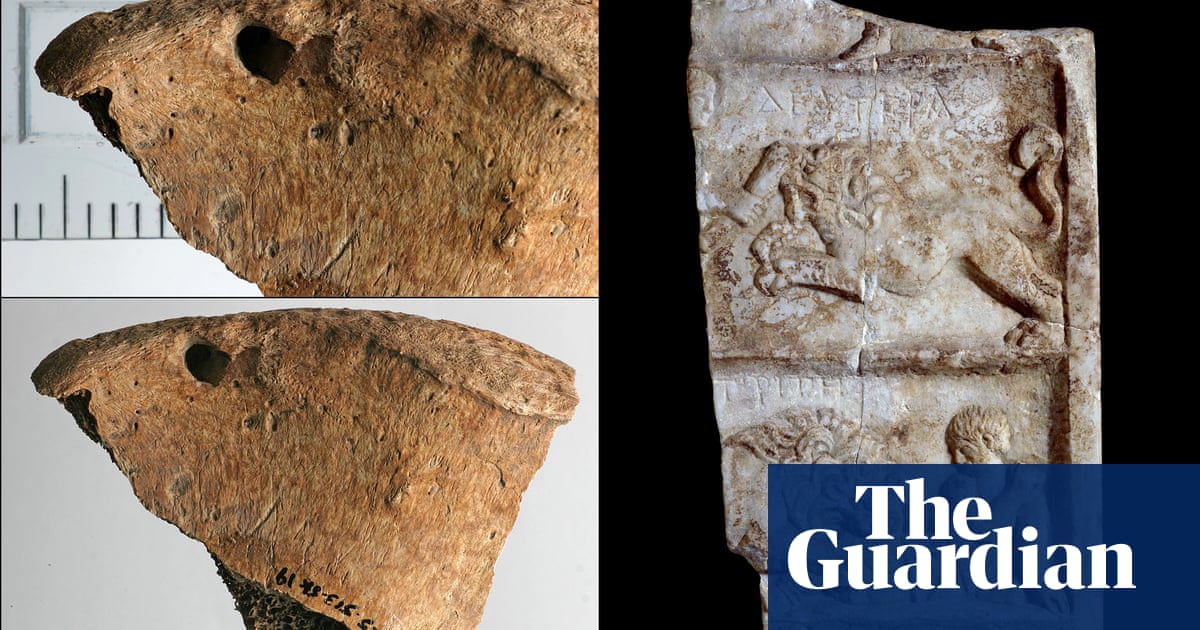Donald Trump’s plans to make dramatic cuts to the United States’ international aid budget could be a “big strategic mistake” that allows China to step in and further its global influence, the UK foreign secretary has said.
David Lammy cautioned that Britain’s own experience of merging the Department for International Development into the Foreign Office, announced by Boris Johnson in 2020 with little fanfare, was a serious blow to Britain’s “soft power” in developing countries and beyond.
Thousands of USAid employees have already been laid off and programmes shut down worldwide, including in Ukraine, after the new administration imposed a sweeping freeze on foreign aid, ahead of consolidating it into the state department, a move decried by critics as a huge foreign policy blunder.
Aid agencies have warned of a profound impact on the global development sector with a risk of escalating disease, famine and conflict, as the US accounts for $4 out of every $10 spent globally on humanitarian aid. Security experts have said China could capitalise on the move.
In an interview with the Guardian on a trip to Kyiv, Lammy said: “What I can say to American friends is it’s widely accepted that the decision by the UK with very little preparation to close down DfiD, to suspend funding in the short term or give many global partners little heads up, was a big strategic mistake.
“We have spent years unravelling that strategic mistake. Development remains a very important soft power tool. And in the absence of development … I would be very worried that China and others step into that gap.
“We were hugely critical of the way that the last government handled the decision. So I would caution US friends to look closely at what went wrong in the United Kingdom as they navigate this decision.”
Ukraine is reeling from the shock decision to pause all US foreign aid programmes immediately, with projects in the country from military veteran rehabilitation programmes to independent media and anti-corruption initiatives effectively stopped overnight.
“We will do what we can to ameliorate those decisions but clearly the United Kingdom hasn’t got the resources available to the United States,” Lammy said. He added it was “not yet clear” to him whether Trump was planning to withdraw entirely from the development arena, or to absorb some of it back into the state department.
It comes as Trump signed an executive order to authorise aggressive economic sanctions against the international criminal court (ICC), accusing the body of “illegitimate and baseless actions” targeting the US and Israel, after it issued arrest warrants for Israeli ministers for alleged war crimes and crimes against humanity in Gaza.

After meeting president Zelenskyy and senior Ukrainian officials in Kyiv, Lammy said there would be no imminent end to fighting despite the US administration promising to broker a swift end to the conflict, with talks beginning at the Munich security conference next week.
“I am not sure we are weeks away from peace talks. And I say that because our assessment, which I’m quite sure the US shares, is that Putin shows absolutely no appetite for negotiation and to bring this war to an end,” he told the Guardian.
“We are still very much in the depths of winter. The truth is the young men and women that make up the Ukrainian force are fighting for their country’s future on the ground, and that will go on for a number of months …
“The Ukrainians are pretty clear there can be no ceasefire before negotiations. So I don’t anticipate a ceasefire in this war anytime soon. I’m very clear that Putin at the moment shows no desire to negotiate. And therefore, sadly, I think this war of attrition will go on for some months yet.”
after newsletter promotion
Keir Starmer, who has said the UK will “play a full part” in any future security guarantees, has not ruled out sending British troops into Ukraine to act as peacekeepers in the event of a ceasefire with Russia.
But the foreign secretary said that discussions with European and G7 allies over what type of guarantees might be necessary would “run for some months yet”, adding it was “premature” to anticipate what role the UK would play.
“In navigating what those security guarantees are, they are always bespoke to the theatre that you were engaged in … it will have to be a set of guarantees that really work.”
He pointed to an international monitoring mission along Ukraine’s 1,200km border with Russia that ended in 2022 after repeated breaches by Russian forces. “That cannot happen again.”
Zelenskyy has called on European allies to urgently step up defence spending to boost their own security during this dangerous geopolitical moment, while the Trump administration has demanded Nato members spend 5% of GDP on defence.
“As foreign secretary, I’m really clear that we have to increase defence spending,” Lammy said. “It’s important that we play our role and that means that we must increase defence spending.”
However, he refused to guarantee that Labour would hit its own 2.5% target this parliament, saying only that the government would set out a pathway “in the next few months”, before the June spending review, and that he was aware that defence spending had to be weighed against domestic priorities.
After promising in opposition to rebuild the UK as a reliable development partner, the Labour government announced fresh cuts to international aid in the autumn budget. It has also warned that the economic conditions required to return aid spending to 0.7% of GDP, up from 0.5%, were unlikely to be met before the next election.

.png) 2 months ago
24
2 months ago
24

